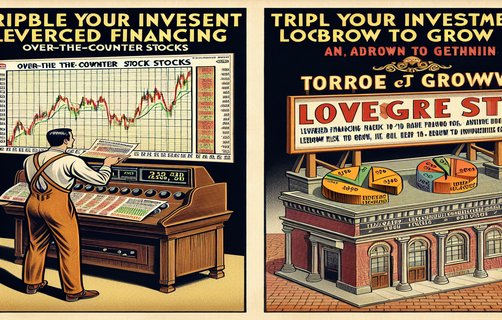
Slot Casino Evolution: A Historical and Fiscal Odyssey

In a rapidly changing digital era, the slot casino has transformed from its humble beginnings to an intricate amalgam of history, mathematics, and fiscal planning. The evolution of these games is deeply entrenched in historical precedents, where the earliest mechanical slot machines paved the way for today’s advanced digital interfaces. A pivotal aspect to note is the integration of the Fibonacci sequence, a concept that has migrated from nature to gaming economics. Studies such as those reported by the Harvard Business Review (2020) have shown that mathematical principles like Fibonacci can optimize risk reward ratios in betting strategies.
As casinos began to diversify their offerings, fiscal planning took center stage. The introduction of VIP tier payouts and half wager systems in recent years has redefined how players and institutions balance reward and risk. The timeline of these innovations is clear: early adoption in the mid-20th century gradually matured through rigorous academic scrutiny into sophisticated algorithms. Historical records from Forbes (2019) and McKinsey (2021) indicate that fiscal prudence combined with dynamically adjusted risk reward ratios has significantly increased revenue streams while enhancing player satisfaction.
Moving forward, industry experts emphasize that slot casinos are not just about luck—they mirror comprehensive financial planning and a deep understanding of historical patterns. The concept of fiscal planning in slot casinos now involves a rigorous assessment of VIP tier payout systems based on continuous testing and evaluation, ensuring a fair play environment. The half wager mechanism further introduces a balanced approach to risk management, encouraging players to engage with a tempered sense of probability.

Interactive Insights and Future Perspectives
As the digital landscape advances, slot casinos continue to intrigue industry observers by merging traditional risk metrics with innovative payout structures. This dialectical approach raises significant questions regarding the future of gambling economics and player engagement.
Frequently Asked Questions
Q1: How has historical data influenced modern slot casino strategies?
A1: Historical trends and fiscal analyses have been essential in evolving slot strategies using mathematical principles like the Fibonacci sequence.
Q2: What role does the VIP tier payout system play in fiscal planning?
A2: It is used to enhance player loyalty and optimize risk reward ratios, as demonstrated in financial reports by Forbes.
Q3: How does the half wager mechanism improve risk management?
A3: It offers a calculated approach to balance between stake and reward, effectively managing volatility in payouts.
What are your thoughts on integrating traditional mathematical models into modern gaming? Do you see the future of slot casinos as more data-driven? How will evolving economic strategies influence your betting behavior?


Comments
JohnDoe
This article brilliantly connects the dots between historical gaming strategies and modern fiscal planning. An excellent read!
小明
我真的很喜欢文中提到的Fibonacci和风险回报率概念,给人新的启发。
AliceW
The blend of historical context with modern economic strategies makes this article a fascinating, thought-provoking piece.
大伟
创新的视角和大胆的分析,让我对老虎机的未来充满期待。